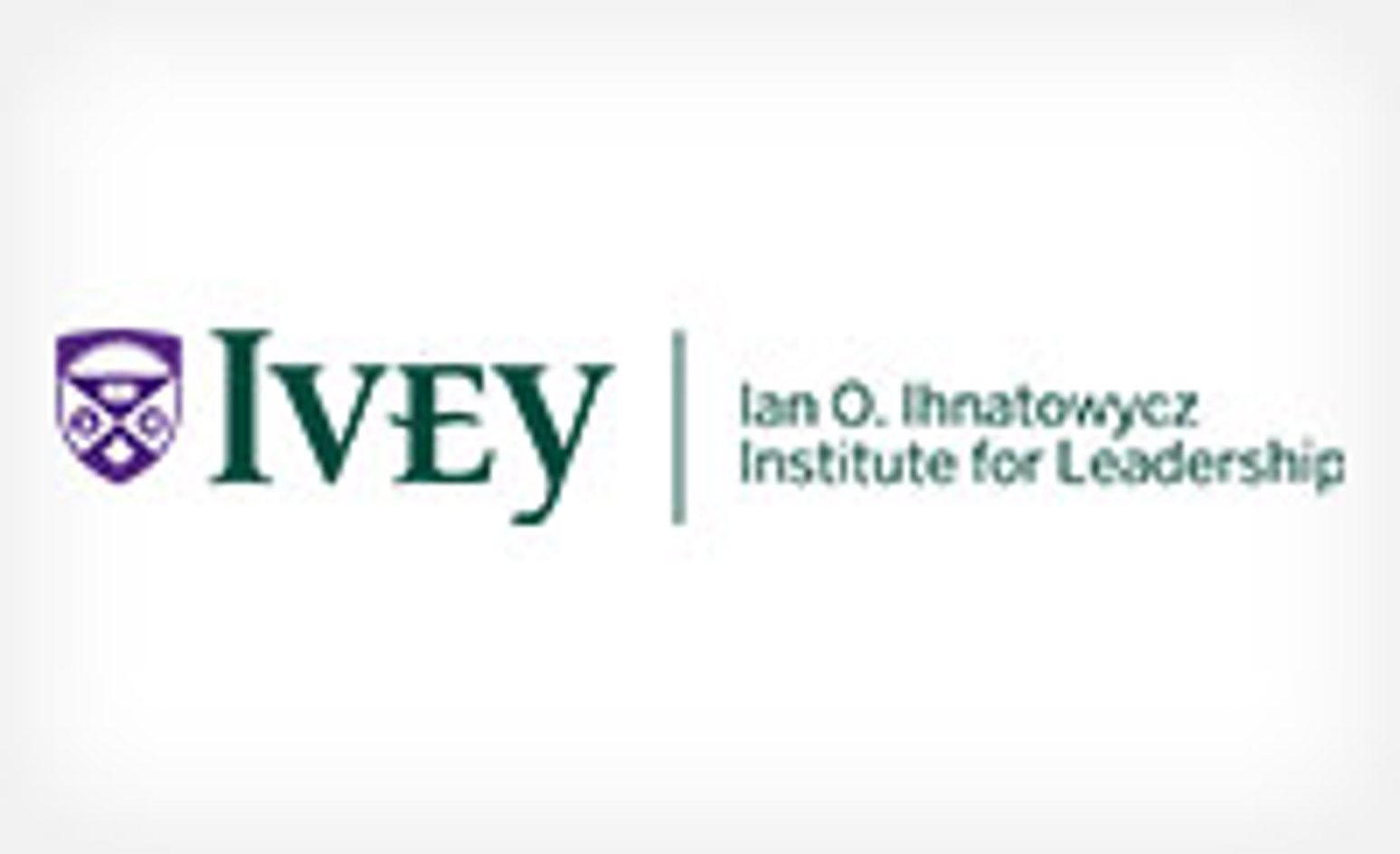
Talking Shareholder Wealth in the OB Classroom: Not Business as Usual
Recently, I held a discussion about what it means to maximize shareholder value with my first-year HBA students. As you might have guessed by the topic of discussion, I am a professor of organizational behavior.
"Wait," you say, "back up. Organizational behavior. Did you not mean finance?"
Right. That is a little confusing. If you went to business school, as I did, you know quite well that there are no discussions of shareholder wealth maximization going on in organizational behavior classes. But maybe that should change.
Earlier this fall, I sat in on a debut presentation of the book Leadership on Trial. Leadership on Trial makes two things clear. First, although they acknowledge the systemic nature of the recent financial crisis, the authors still hold that business leaders were accountable. Second, as an extension of that, they argue that sound leadership is predicated on strong character and social responsibility. In the presentation of their book, Ivey professors Jeffrey Gandz, Mary Crossan, and Gerard Seijts turned the conversation to what management educators can and should be doing to develop leaders with not only technical skills, but with the types of values that will lead them to make business decisions that serve more than their own self-interest and, perhaps, encompass more than the bottom-line. They argued that we should be communicating the importance of virtues like courage and temperance across the curriculum, not only in leadership classes.
If leadership class is not the only class in which we should discuss values, maybe there are some other discussions we should carry across the curriculum. In urging that we discuss the meaning of shareholder wealth maximization, I am not suggesting that it is an invalid principle. But no concept is so holy that it cannot at least be discussed, perhaps critically, if for no other reason than to better understand it or to unearth idiosyncratic interpretations of it. Honestly, I would rather not talk about it. The point is still being argued among people who have dedicated their careers to economics, finance, and corporate social responsibility. Frankly, they can do a better job than I of defining and parsing the merits of shareholder wealth maximization and corporate social responsibility. Nevertheless, I walked headlong into the debate during my class session on Leadership on Trial when I posed the question to my students, "Do leaders have a responsibility to society? If so, what?" Most of the students agreed that leaders have a social responsibility, but they disagreed about the nature of the responsibility. Much of that disagreement rested on differing interpretations of shareholder wealth maximization. Some, for instance, argued that leaders who attempt to maximize profit are fulfilling their responsibility to society. Others argued that the long-term well-being of the firm, which rests on the well-being of all its stakeholders, is in the best interests of the wealth of shareholders.
Since that discussion, I have been reading "Too Big to Fail," Andrew Sorkin's chronicle of Wall Street and Washington during the financial crisis, and I am ever more convinced by the connection between a leader's beliefs about shareholder value creation and his or her approach to leading people. There is one portion of Sorkin's account, much of which centres on the internal dynamics at Lehman Brothers, that really made my eyes pop. Illustrating how fully Lehman's former CEO, Dick Fuld, had sought to insulate himself from knowledge of the risks the firm was taking in order to realize the enormous returns it had been reaping in recent years, Sorkin writes of Fuld and Lehman's COO and president, Joseph Gregory, "Banks were creating increasingly complex products many levels removed from the underlying asset. This entailed a much greater degree of risk, a reality that neither totally grasped and showed remarkably little interest in learning more about. While the firm did employ a well-regarded chief risk officer, Madelyn Antoncic, who had a PhD in economics and had worked at Goldman Sachs, her input was virtually nil. She was often asked to leave the room when issues concerning risk came up at executive committee meetings, and in late 2007, she was removed from the committee altogether."
This quote illustrates a principle that we seek to reinforce repeatedly in our leadership course, namely that good leadership is not about making and enforcing decisions without the input of others lower in the hierarchy. It's about being curious and willing to truly listen to what others know that may be relevant to one's decision, even if what they have to say refutes one's preciously-held beliefs about the correct course of action. In complex systems, leaders need to get as much information as possible to make quality decisions. But if you believe that your duty to the firm requires making only those decisions that will maximize short-term profit, you may not believe it is in your best interest or the firm's to gather information reflecting on the long-term consequences of your decisions. That, as the Lehman Brothers example demonstrates, will influence how you manage your people.
While I don't feel as well prepared as I'd like to lead discussions about the meaning of shareholder value, I'd better get ready if I'm going to keep asking my students questions about their responsibility as leaders. And I am going to keep asking that question. I may not be able to provide the answer, but I now realize that I have a responsibility to at least communicate to students that a cross-enterprise leader understands that her beliefs about the role of the firm affect how she leads the firm, including the people within it.
